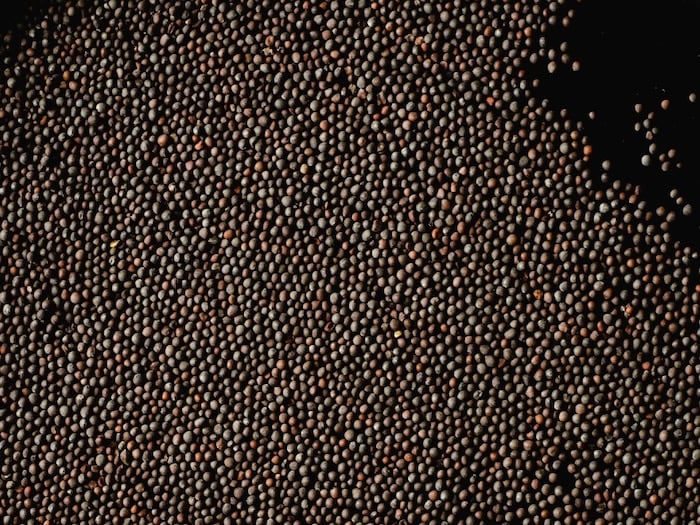Mustard Seeds and Yeast

At the conclusion of a recent ministry conference, I bumped into one of the organizers and was able to share how refreshing the experience had been. I'm not really a conference person and pastors' conference can be particularly awkward but between the worship, preaching, and relationship time, this one checked all the boxes. I was glad for the chance to thank one of the people who put it together.
Surprisingly, after hearing my thankful comments, the organizer admitted to feeling discouraged. He agreed about the spirit and vision of the conference but then turned to the many pastors from this movement who weren't there, the many churches whose priorities for ministry didn't include the themes elevated from the conference stage. Without quite saying it, this man wondered whether their efforts made a difference.
I'm sympathetic to his doubts. Though I was on the receiving end of this hope-inspiring, priorities-orienting, worship-full event, as a pastor I'm regularly standing in this man's shoes. I know those moments, wondering whether what we're doing as a multiracial, justice-oriented, Jesus-loving congregation is making even a ripple in our little corner of the world.
Do you know that feeling?
It's so easy to measure our impact with the crude tools preferred by our growth-obsessed culture. And we ministry people aren't immune. Crowds, to paraphrase one of my favorite things Eugene Peterson wrote, are a far greater temptation to a pastor than drink or sex.
The logic of Jesus' kingdom is different: “The kingdom of heaven is like a mustard seed that someone took and sowed in his field; it is the smallest of all the seeds, but when it has grown it is the greatest of shrubs and becomes a tree, so that the birds of the air come and make nests in its branches.” And also, “The kingdom of heaven is like yeast that a woman took and mixed in with three measures of flour until all of it was leavened.” (Matthew 13:31-33)
Mustard seeds and yeast. These are our tools. We work with unimpressive and unspectacular stuff. Our efforts will easily be overlooked and written-off. These are not glitches in our call to reconciliation and justice; they are features of it. We are, after all, aware that the principalities and powers which we are up against do not cower before impressive crowds or always-increasing budgets. In fact, this is often where they find cover.
No, to borrow from the King James Version, the weapons of our warfare are not carnal. They can't be quantified in trend lines, seating capacities, or slick corporate metrics. Christ alone, graciously inhabiting our weakness and foolishness, is all we have to offer. And because he has chosen to deal with mustard seeds and yeast like you and me, so can we.
(Photo credit: Eva Bronzini.)
Reading
Our church's theme for 2024 is Sabbath but even if it wasn't this recent article in Christianity Today by my friend Adam Gustine would have have caught my attention.
But unless our Sabbath practice stretches beyond the personal and imagines and then dares to enact ways of extending the abundance and restoration of God to the most economically vulnerable—and most easily exploited—in our communities, I fear we miss the fullness of God’s intentions for Sabbath.
The View From Here
